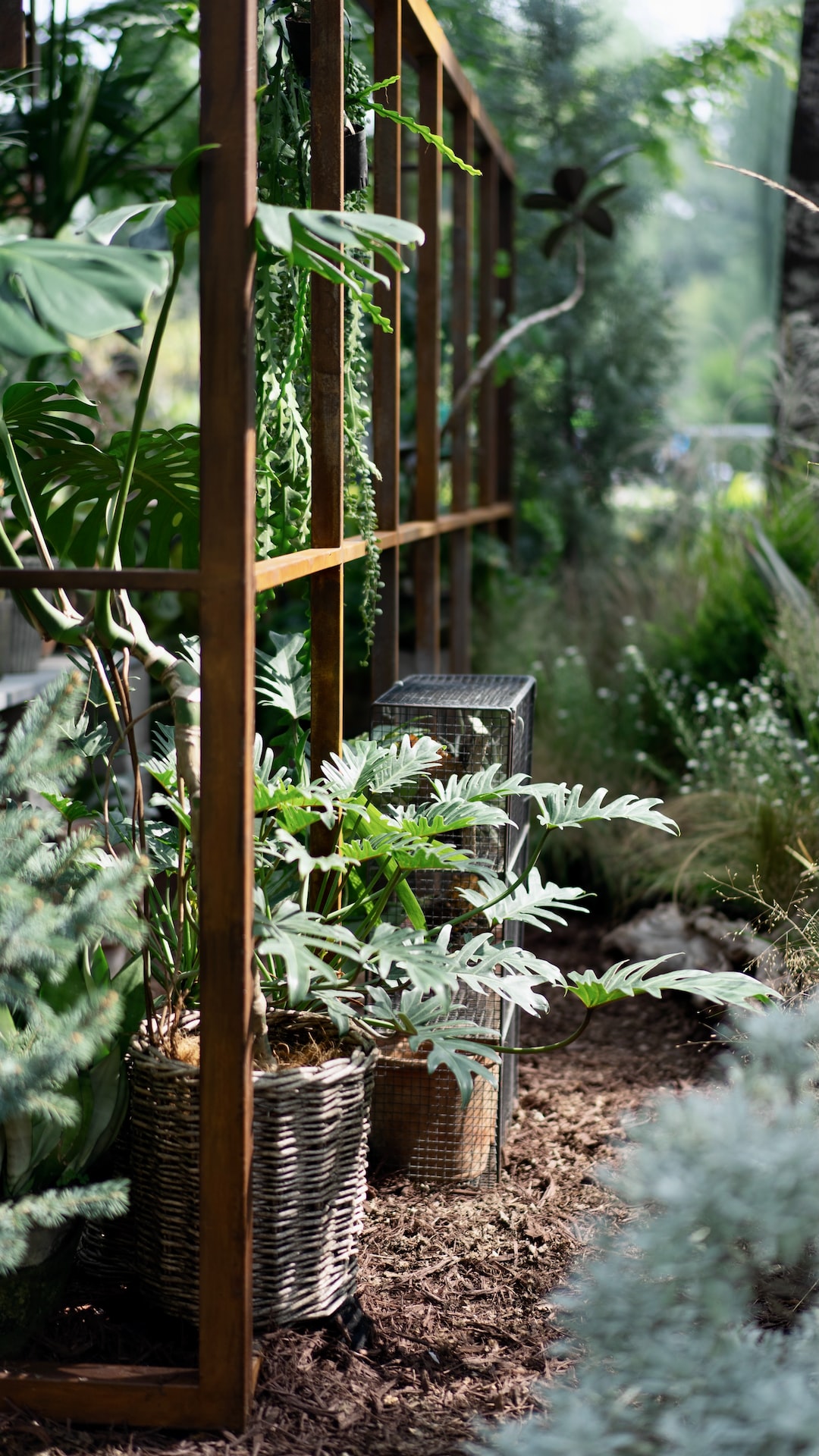Simple Techniques for Extending Your Garden’s Growing Season
Having a longer growing season in your garden can be a game-changer, allowing you to grow more vegetables and enjoy the fruits of your labor for a longer period. While it may seem challenging to extend the growing season, there are several simple techniques that can help you do just that. In this blog post, we will explore some of these techniques and how you can implement them in your own garden.
1. Use Cold Frames: Cold frames are a fantastic way to protect your plants from harsh weather conditions and extend the growing season. These structures are typically made of transparent materials, like glass or plastic, and act as mini greenhouses. By trapping heat and protecting your plants from frost, cold frames create a microclimate that allows you to grow plants even during chilly weather. They also provide shelter from strong winds and pests, keeping your plants happy and healthy.
2. Install Row Covers: Row covers are lightweight fabrics that you can drape over your plants to protect them from frost and cold temperatures. They are easy to install and can be placed directly over your garden beds or supported with hoops. Row covers allow sunlight and rain to reach your plants while acting as a barrier against cold air. They provide an extra layer of insulation, keeping your plants cozy and extending their growing season.
3. Utilize Mulching: Applying a layer of organic mulch around your plants can help regulate soil temperature and keep it warmer for longer. Mulch serves as an insulation barrier, preventing heat loss from the ground and protecting the roots of your plants. It also helps retain moisture in the soil, reducing the need for frequent watering. Additionally, mulch suppresses weed growth and adds nutrients to the soil as it breaks down, promoting healthy plant growth.
4. Start Seeds Indoors: Starting seeds indoors is an effective way to kickstart the growing season and give your plants a head start. By providing warmth, light, and protection from harsh weather, indoor seed starting allows you to grow seedlings before transplanting them to your outdoor garden. This technique enables you to extend the growing season, especially for plants that require longer maturity periods. Once the danger of frost has passed, you can transplant these strong seedlings into your garden for continued growth.
5. Choose Cold-Tolerant Varieties: Some plants are more tolerant of cold and frost than others, making them ideal for extended growing seasons. Research and choose cold-tolerant vegetable varieties that can withstand lower temperatures. Examples include kale, spinach, lettuce, radishes, and carrots. By selecting these varieties, you can continue harvesting fresh produce even as the weather cools down.
6. Implement Season Extension Structures: Season extension structures, such as hoop houses or high tunnels, can significantly extend your garden’s growing season. These structures are similar to greenhouses but are more affordable and easier to construct. They provide protection from cold temperatures, frost, and even snow. By trapping heat during the day and releasing it slowly at night, season extension structures can maintain a warmer environment for your plants, allowing them to thrive for an extended period.
In conclusion, with these simple techniques, you can extend your garden’s growing season and enjoy your crops for longer periods. By implementing measures such as using cold frames, row covers, mulching, starting seeds indoors, selecting cold-tolerant varieties, and utilizing season extension structures, you are sure to have a bountiful garden throughout the year. So why wait? Get started on extending your growing season today and reap the benefits of fresh, homegrown produce for an extended time.


